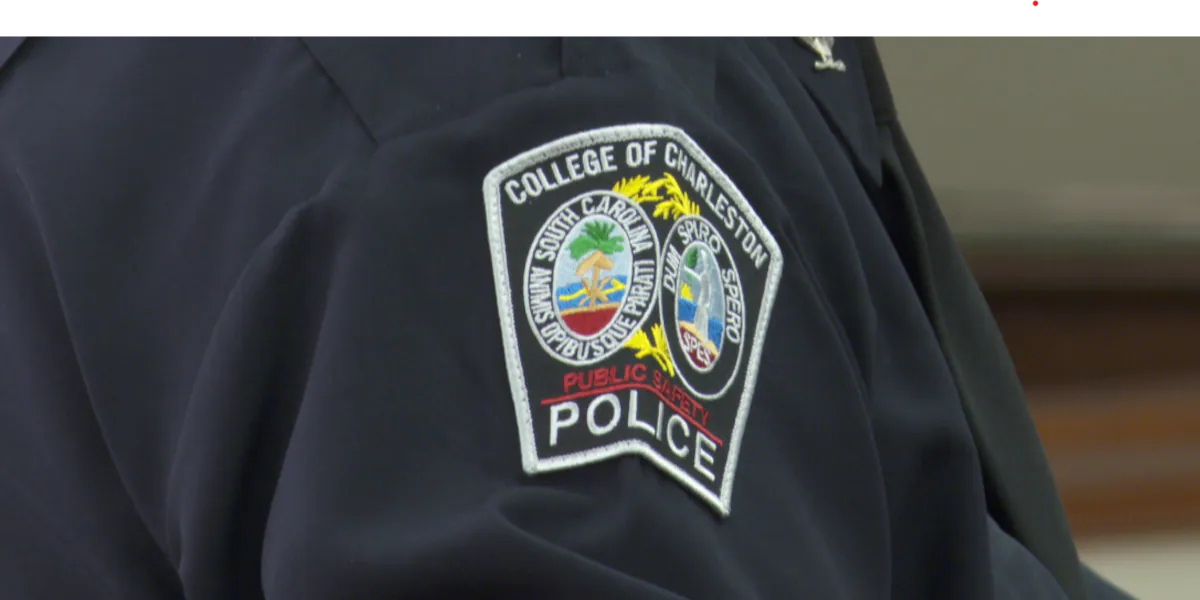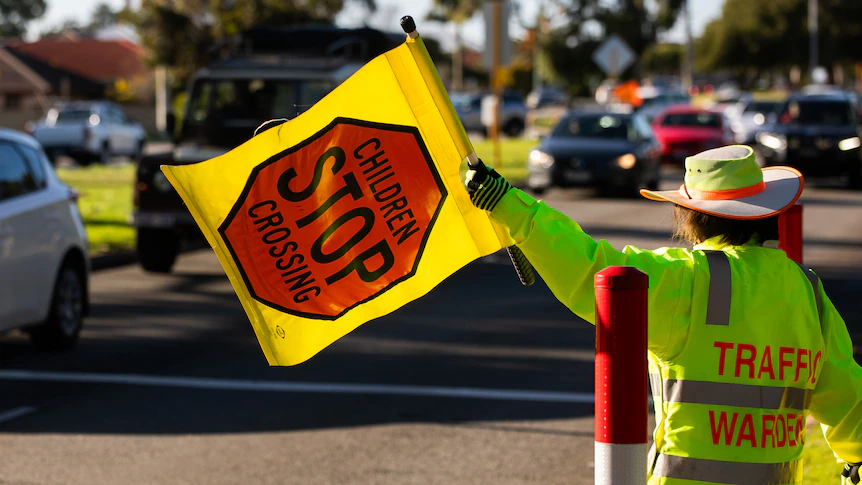
COLUMBIA, S.C. (WIS) – Safety on college campuses has been a major discussion over the last few weeks across the country, and now it has the attention of South Carolina lawmakers.
Campus police chiefs told a House Education and Public Works subcommittee on Tuesday that while they are constantly planning and adjusting their protocol, they could use extra help to ensure students, faculty, staff, and visitors are kept safe.
Lawmakers called for the meeting in the wake of the active shooter hoax at the University of South Carolina’s Columbia campus last month and the assassination of conservative political activist Charlie Kirk on a Utah college campus last week.
“This is triage, in my mind,” Rep. Tim McGinnis, R-Horry and the subcommittee’s chair, said. “How prepared are we for things like this when they come to campus?”
The subcommittee heard from campus safety leaders from the University of South Carolina, Clemson, South Carolina State, Coastal Carolina and College of Charleston, along with representatives from SLED and the Department of Public Safety.
They explained how they prepare for daily security and for high-profile events and speakers, saying they especially coordinate with local law enforcement and SLED for assistance and threat assessments.
Some said they have already adjusted their approaches and policies following Kirk’s death last week, after he was shot while speaking on campus at a college in Utah.
“We’re now incorporating extended-range threats into future assessments,” USC Chief of Police Christopher Wuchenich said.
Most told lawmakers they would like to see the state enact stronger laws to prevent “swatting” hoaxes like the one that happened at USC last month.
It was one of a number of colleges across the country targeted by calls reporting active shooters on campus, which turned out to be fake.
At USC, the hoax sent the campus into emergency mode, with students sheltering in place and local and state law enforcement assisting campus police to respond and then confirm there was no threat.
“It would be really nice if there was something that we can do to address this issue,” Clemson Associate Vice President of Public Safety Kimberly Spears-McNatt said. “That should not be the norm, and we don’t have the luxury of saying, ‘That didn’t happen. That’s a false call.’ We have to respond each and every time like it has happened, and that pulls resources from all across the county, the city to respond to those incidents.”
Legislation to crack down on these swatting incidents was proposed a few years ago, but never got a hearing.
Rep. Shannon Erickson, R-Beaufort and the chair of the House Education and Public Works Committee, said they are taking a closer look at it.
“I do think that these crimes are new enough that we need to figure out what those penalties are to deter those actions,” Erickson told reporters following Tuesday’s meeting.
Meanwhile, South Carolina State’s chief of public safety told lawmakers he needs help recruiting and retaining officers.
Chief Richard Johnson said while they are able to protect campus, his department currently has 10 sworn officers, who work alongside outside security. Ideally, he believes his force should have around 20 officers, but at least a minimum of 16.
“We are getting good recruits, but it’s a hit and miss,” Johnson said. “Some of them come and they realize that, ‘Well, police on a college campus, I just don’t have the temperament for it,’ and they leave. It’s a different beast.”
Some colleges said while they require active shooter training for faculty and staff, none currently mandate it for students, saying the number of students, different buildings on a campus and time needed for the training make it difficult to require.
Erickson said she wants to explore what they can do to ensure students at least have awareness of how they can receive emergency response training and what resources are available to them.
Lawmakers will be able to take up any potential legislation or budget requests when they return to session in January.
Feel more informed, prepared, and connected with WIS. For more free content like this, subscribe to our email newsletter, and download our apps. Have feedback that can help us improve? Click here.



